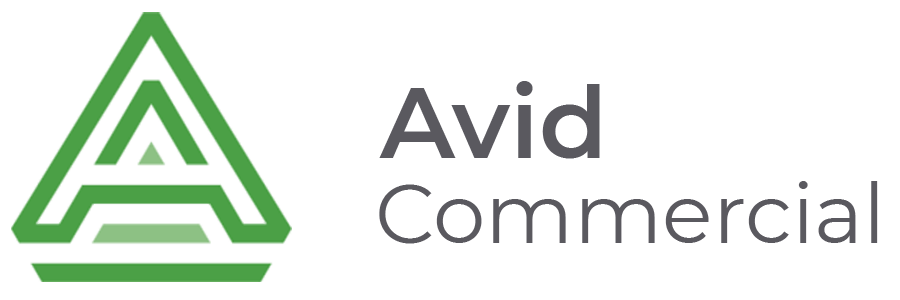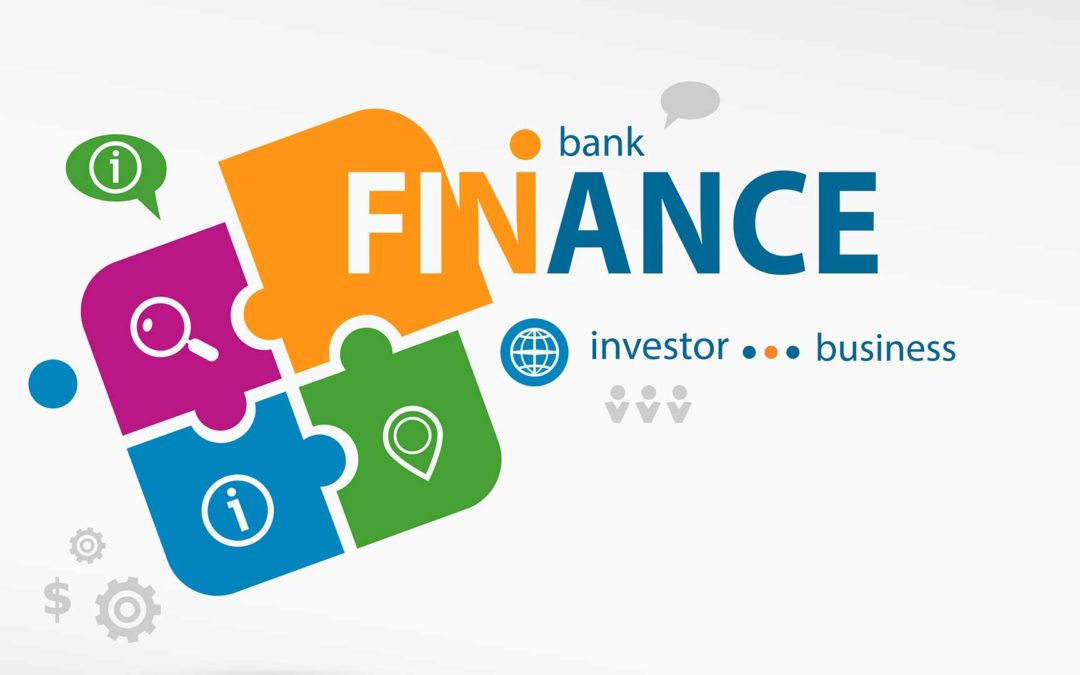If you are the owner of a business, large or small, it is not at all unusual for you to reach a point when you have to seriously consider growing that business. Yet, if you are without the capital needed for that growth, you might feel limited in your potential next steps. As one financial expert wrote, “This could be a turning point for a business, find that money and grow, or don’t find that money and stagnate.”
Naturally, in the current economic climate it is fairy challenging to find those funds. The good news is that there are opportunities available in both private investor loans and commercials loans, and even options that combine the best of both worlds.
To begin with, private investor loans are loans from non-bank entities. The loan originates from sources that see your business has growth potential and who underwrite the loan requests on the belief that you will profit and succeed.
Commercial loans, as you might already know, are loans designed specifically for business or commercial property owners. They can range from five to 20 years, and have different terms than typical residential mortgages. They are most often found in the following styles:
- High Loan to Value
- Owner occupied
- Investment Conventional
- Multi-Family
- Bridge
And what that tells us is that commercial loans can actually be private investor loans if the granting entities are non-bank agencies.
How to Get a Private Investor Loan
The idea of a private investor loan is probably appealing to many business owners since the recession period beginning 2008 left many banks unwilling to readily or eagerly underwrite commercial loans. To get a private investor loan simply means finding a lending company that specializes in them and also in granting commercial property owners access to the best programs available.
In fact, you might find that your best chance for a commercial loan is through a private lending company. This is because banks, though they have loosened their commercial lending requirements, are still very difficult when it comes to such options. They will need to know the cash flow of the property, see a net operating income that exceeds the loan payment by 25% or more, and they may demand more collateral than you are comfortable offering – frequently at a 58-65% loan to value ratio.
Thus, private lending companies may be your best choice.
Private Lending Companies
There is a diversity of private lending companies in the current marketplace, but like all other services and businesses, not all are the same. When you begin to search for the ideal lending group for your needs, the smartest step is to find one that has that array of lending options listed above. Once you can find an organization that makes the best types available, you should not have a problem qualifying for one or more of their loan programs.
For example, Avid Commercial is noted as a lending group that specializes in commercial mortgage loans under $20 million, and with ensuring that clients have a good mix of products and services that include SBA, conventional, investor, multi-family, and bridge loans along with portfolio acquisitions.
How to Qualify for a Loan
As we noted briefly above, qualifying for a commercial loan is different, and far more challenging, than a standard mortgage. This is because most loan websites and lending programs demand at least 25-30% down payment, more than two years in business, a low LTV ratio and a high credit score. This can really limit options.
Fortunately, Avid Commercial Loans is among the loan websites that directs clients to an array of options that can more readily accommodate a wide array of scenarios. Let’s do a brief side by side comparison of the loans they make available, and show you the many benefits of private investor loans through companies like Avid Commercial.
Avid Commercial Loans
As already noted, Avid Commercial offers a wide array of loans, including private investor loans. Which is right for you? That depends on many things, but the good news is that we’ve outlined the choices available below, including details about ideal candidates and answers to more common questions about each specific program.
- SBA/High Loan to Value Loans – The SBA program is government-sponsored and for commercial real estate alone. It is meant to support businesses to acquire commercial real estate essential to growth. The SBA guarantees up to 90% of the principle of loans that qualify. The loans are for 20-25 years and are usually written as adjustable loans tied to the prime (varying from 1.5 to 2.75% over prime). Fees are low and can range from $50k to $2 million. The key benefit is that most qualified borrowers can take up to 90% of the purchase price, or 90% LTV.
To qualify, owners must occupy 51% of the property, and no residential components can be allowed. The loans are also usually fully collateralized, meaning that the lender blankets inventory, equipment and receivables. These loans can be used for working capital, for franchises and for business acquisition, construction and renovation projects, too. A 20% down payment is the norm, though up to 30% may still apply. This is an ideal solution for established businesses in need of long term, owner occupied properties.
- Owner occupied – When 51% or more of a specific property is occupied by the entity that also owns the property, it is deemed an owner occupied commercial property. There are many ways that owner occupied can play out, but the most common include the business owner seeking a commercial space for their business, an owner in need of a space where more than half of it will be taken up by the business, but cannot be something like an apartment building.
These loans are often designed in a 2 loan format that includes a 20 year fixed rate second mortgage and a first mortgage that is fixed or adjustable. The 25 year fixed rate first mortgage is usually provided at great terms including down payments as low as 10%. This can go for a 100% LTV, and rates might even be fixed when the LTV is lower.
Typically, the owner occupied space is an office, warehouse, industrial building, retail space, medical facility and so on. Single use buildings such as a gas station, hotel or storage facility may also apply. This is an ideal solution for established businesses in need of long term, owner occupied property loans without a maximum limit.
- Investment Conventional – These are unusual commercial loans for owner occupied properties as they are made by investors and are based on a case by case approach.
They are quite straightforward, but can be some of the most challenging to obtain. They typically demand a higher credit score, an LTV of up to 85% maximum, and loan terms of seven to 30 years. They are an ideal solution for the business in need of a loan without a maximum limit, but for business owners with the very best credit. Avid Commercial actually originates loans of this type and looks at the type of property, the strength of the potential borrowers credit, the location of the loan needed and LTV to determine if the loan qualifies.
- Multi-Family – Designed to finance (refinance) smaller, multifamily properties (usually two to four units) as well as larger apartment buildings, they are an ideal tool for the first-time or experienced real estate investor. This is because they can have up to 80% LTV with terms of 30 years at fixed or variable rates. Interestingly enough, there are usually a few ways that multi-family can be financed. This might include a conventional loan of 15-30 years with an 80% LTV and 4-6% interest. There are portfolio loan options with three to 30 year terms and up to 97% LTV. There are also short term loans with one to three years at 4-15%, and government backed loans of 5-35 years with 87% LTV. Down payment amounts usually vary based on units in the building, and lending fees also apply.
A firm like Avid Commercial can approve between $500k to $10 million for performing projects in stable communities, and with property conditions in the good to excellent levels. The multi-family loan is a widely variable type of loan, but is the ideal solution for any borrower in need of financing or refinancing options for a functional multi-family property.
- Bridge – Often seen as a fast way to obtain financing for an owner occupied commercial property. Ideally, it is a transitional form of funding that is shortly refinanced to a long term loan. They are a good way for lending companies to help clients compete with cash buyers on particularly important or viable options for their business plans.
The bridge loans can usually be of 80-90% LTV with minimal down payments in the 10-20% range. Low loan fees and closing costs are the norm, and the terms are usually only 6 to 36 months in total. Most borrowers should have a higher credit score and may need a history of previous commercial projects. These are the best options for anyone looking to flip a property as well as a longer term investor eager to renovate and then refinance. Some bridge loans can be used to finance construction and rehab. A company like Avid Commercial ensures that the bridge loan is a way to obtain from $500k to $10 million via a streamlined process and with the benefits of flexible underwriting guidelines. In fact, the final LTV on their loans is determined by the borrowers exit strategy, i.e. when/how is the funding to be refinanced into a traditional loan.
So, private investor loans can easily be your ideal commercial loan solution. The key is to know what program best suits your project and your particular financial situation. When you are ready to get the ideal long or short term financing with the best rates and terms, get in touch with Avid Commercial to discuss their many options and their ability to reduce red tape along the way.

